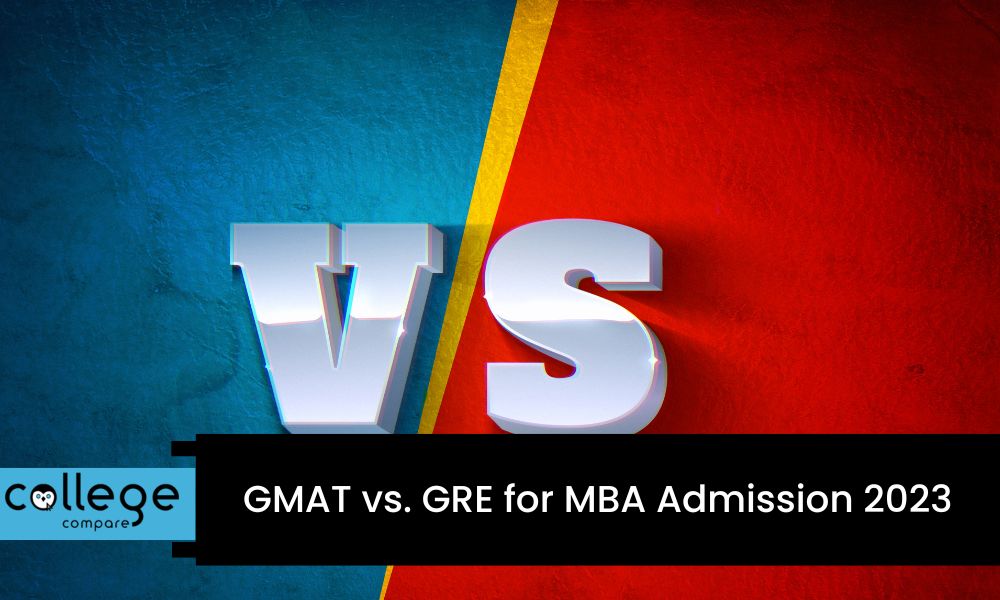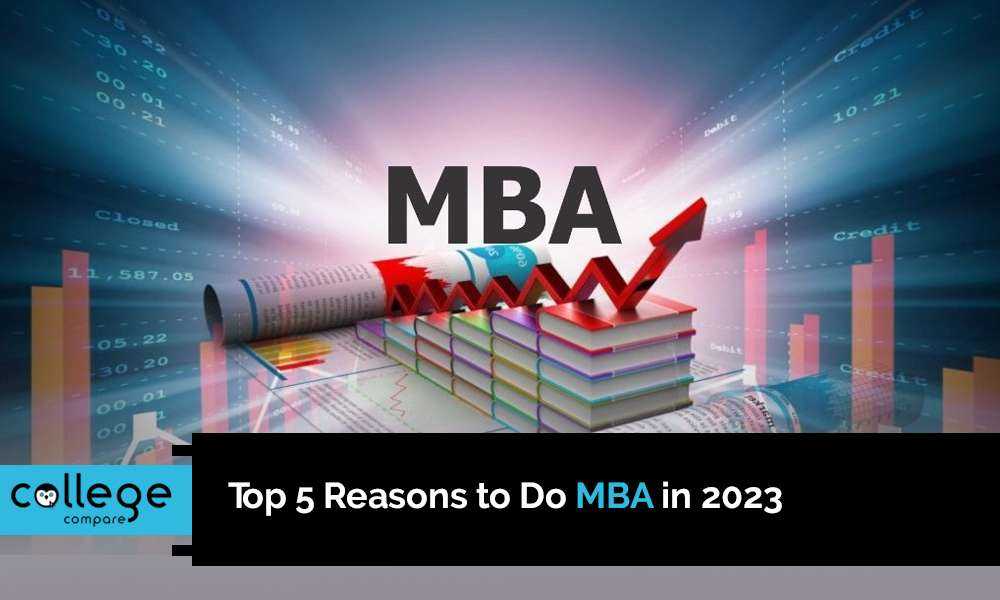Choosing the right professional education path is crucial because it has a long-term impact on our careers. People decide to move further in the business after having a good experience in the work. For such groups, executive MBAs are offered instead of regular MBAs. But are the Executive MBA and regular MBA the same?
The Executive MBA or EMBA is an advanced business management degree offered to the working professional who would like to pursue a master’s degree in management. They usually offer the course to 10-15 years of experienced people. At the same time, the regular MBA is a business management course designed for freshers or less experienced people who want to start their careers in management.
Both EMBA and MBA offer the same degree but the structure of the program and its delivery is different due to the requirements of the learners.
So choose the correct business program per your requirement so that you can get the best from your education.
What is MBA?
MBA is a two-year degree program designed for students who would like to start their career in management by acquiring some managerial skills. The MBA curriculum covers a wide range of business practices, including accounting, marketing, finance, marketing, and so on. The MBA course helps the learner learn about different business tactics such as strategy building, Decision making after risk and profit analysis, the long-term impact of the project, and so on.
During the regular MBA course the students attend the regular classes and reside in or around the campus. They cannot join work or jobs while pursuing the MBA program.
What is EMBA?
EMBA or Execuitve MBA is designed for working professional who has advanced in their career and has an experience of 10-15 years. This program is delivered in such a way their jobs or not affected while learning the new degree program. The most typical feature of the EMBA is that it has a duration of 2 years just like the traditional MBA program.
Difference between EMBA and MBA
Though the EMBA and MBA offer the same degree there is a lot of difference between the two. The Major differences between the two programs are as follows:
| particulars | EMBA | MBA |
|---|---|---|
| Duration | 2 years | 2 years |
| Delivery of the program | Weekend classes/ online classes | Regular full time classes |
| Structure | Limited electives are available so that the candidate becomes a specialized in one subject. | A number of specializations are available to choose with general subjects. |
| Admission requirement | A work experience of 5 to 10 years is required for admission. The entrance test is followed by GD and PI. | The admission is based on the score in the aptitude test (CAT/MAT/XAT) followed by GD and PI. |
While pursuing the EMBA program the student can work and earn as the classes are held after business hours whereas while pursuing the MBA the Students cannot work as they have to reside near or on campus and complete the full-time degree course.
Admission Criteria
Admission to the regular MBA program always requires the candidate to have a good score on the aptitude test such as CAT/MAT/AMAT/AMBA but if you are looking at the EMBA program it does not require any entrance exam as it is assumed that having a wok experience makes the candidate eligible for the MBA. However, some institutes offering EMBA programs also take into consideration a valid score on the aptitude test.
Fees and ROI (Return On Investment)
As we know that the EMBA classes are conducted during the weekend or after business hours, so the candidates can work along with the course. In some cases, the EMBA fees are sponsored by employers who want to get a management degree for their employees such that they progress themselves and their businesses too. After completion of the course, the candidate can get up to 35% of the increase in salary.
Whereas the MBA program fees are lived by the students who are pursuing the course. The student has to incur the accommodation cost in addition. As per the research conducted on the placement after post-graduation, the MBAs get around 60% more as compared to the other courses. However, the demand for MBAs is going to rapidly increase in the coming years.
Networking and career enhancement
Since the EMBA does not reside on the campus or meet during the classes the networking in the program is confined to class interaction. But most of the participants are experienced so the peer can form good networking among themselves which can help to grow in the near future.
Whereas MBA students reside on the campus and spend most of their time together during the program so they share a strong bonding and group together. MBAs are less experienced so the network formed is strong but they do not have such versatility as the EMBA participants.
If we compare the lifestyle the EMBA only studies during the course whereas the MBA students take part in extracurricular activities, sports, and other events actively. The MBA is pursued mainly at the age of 28 years whereas the EMBA is pursued at the age of 38 years.
Conclusion
Executive MBAs and regular MBAs have their own benefits and disadvantages. The EMBA is beneficial for middle-level and senior-level management as the curricula include all the tactics and games that a senior management level requires to handle the business successfully. The regular MBA program is for those aspirants who want to have career advancement in the managerial field. So, it basically depends on the qualification and requirement of the candidate to choose among the two.
College compare is a place where we provide you with all the relevant details about higher studies in India. If you are an aspirant looking for higher studies in India then college compare is the right place to visit. We are sure our blogs will do the needful and help you in selecting the best course for your future.
Wishing you all the best for your future!











